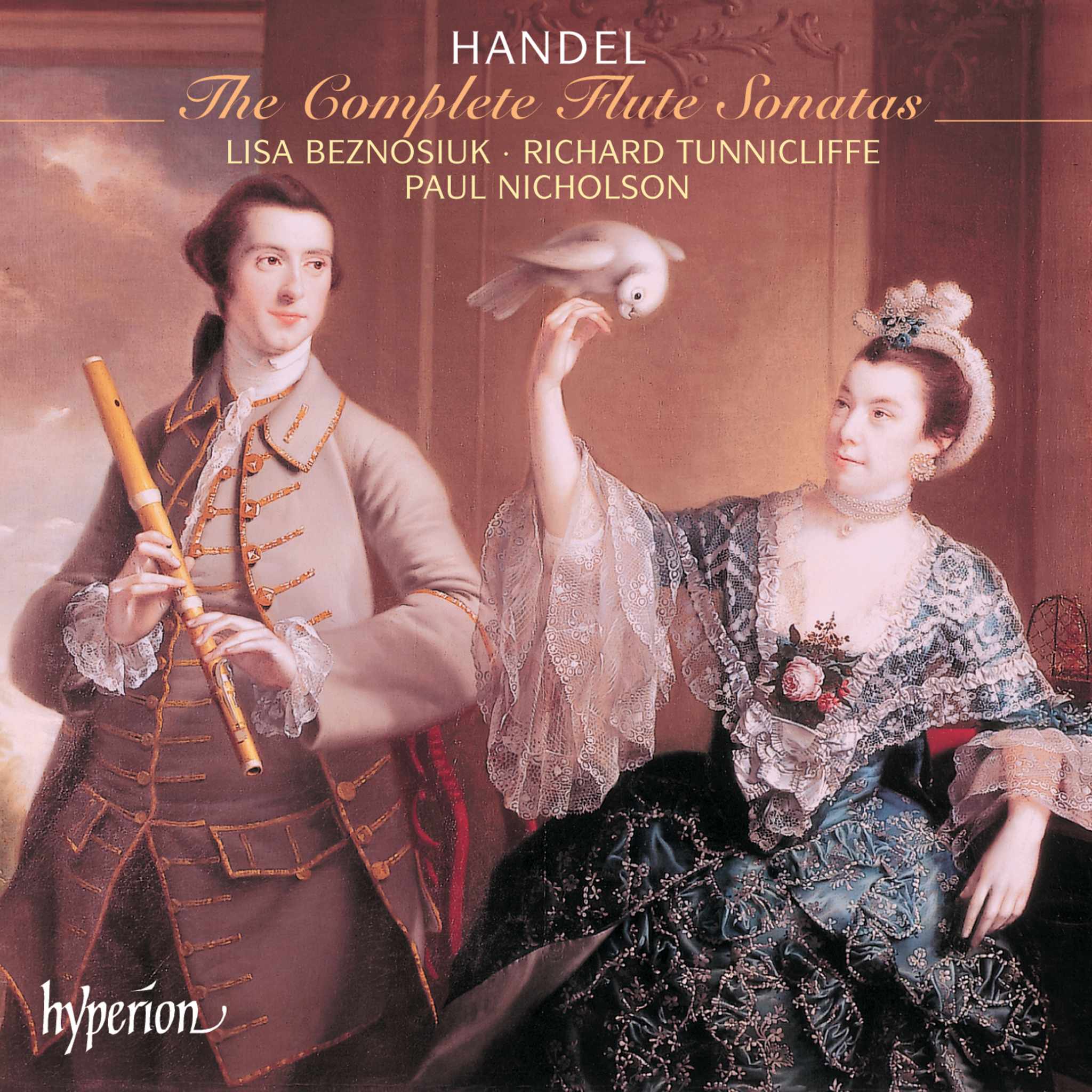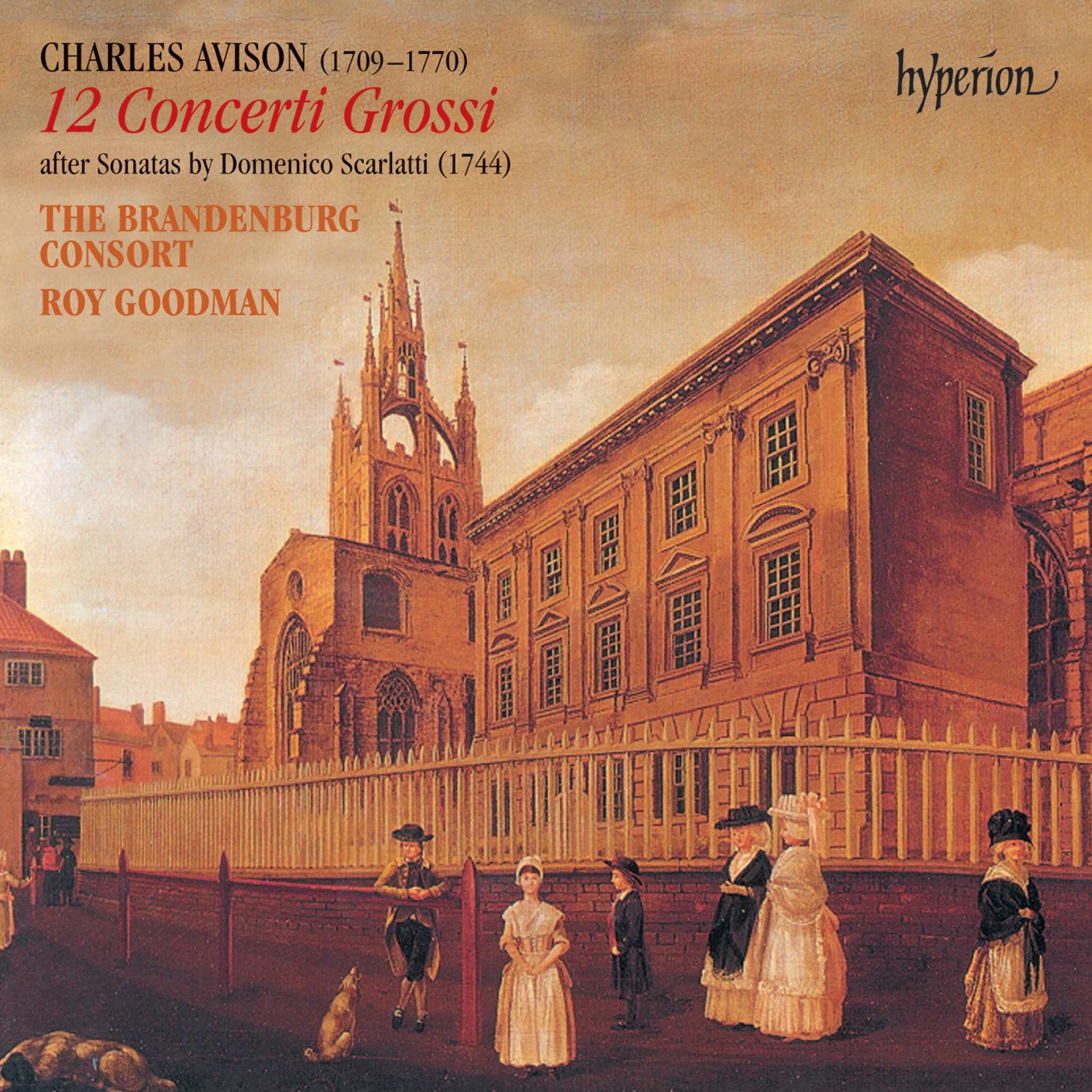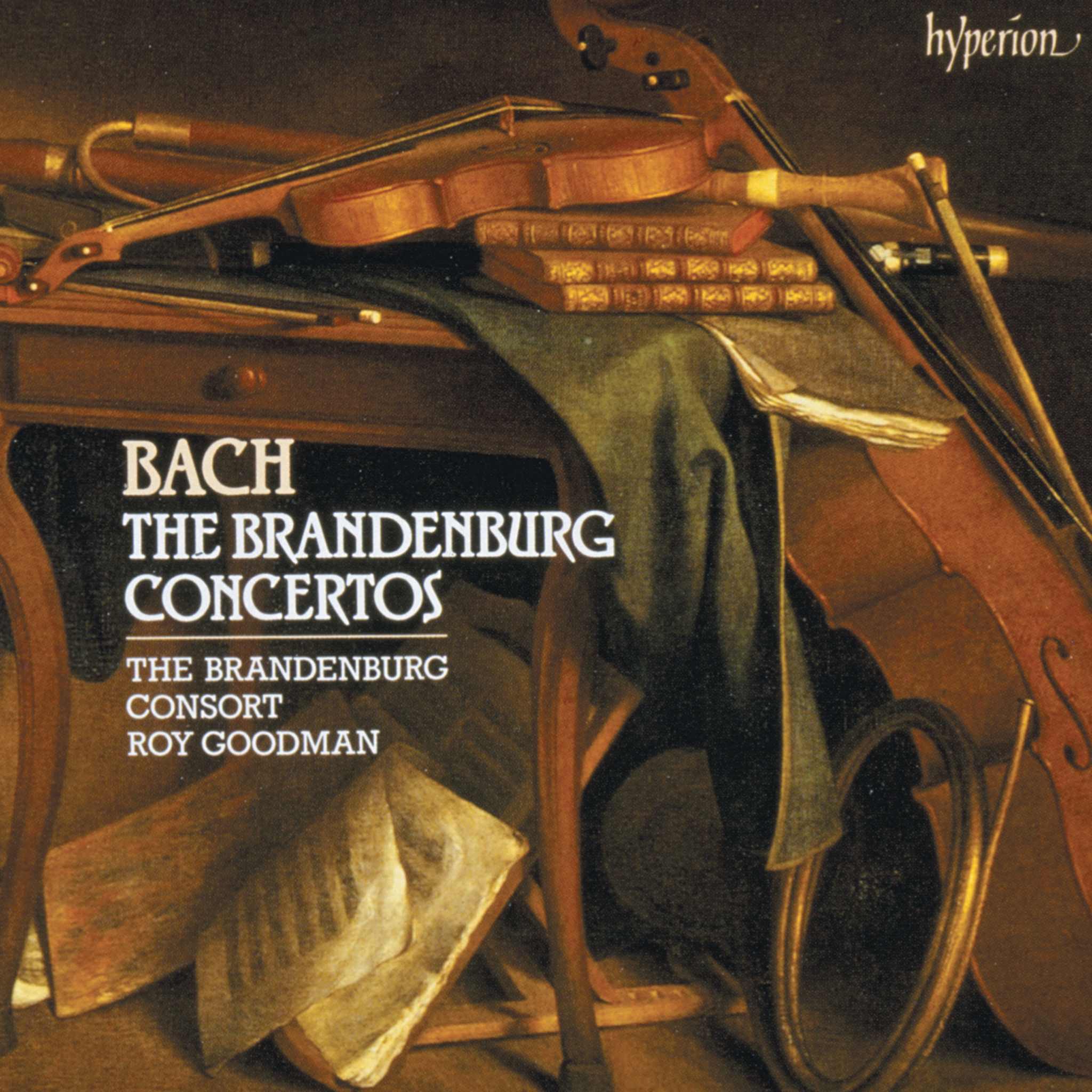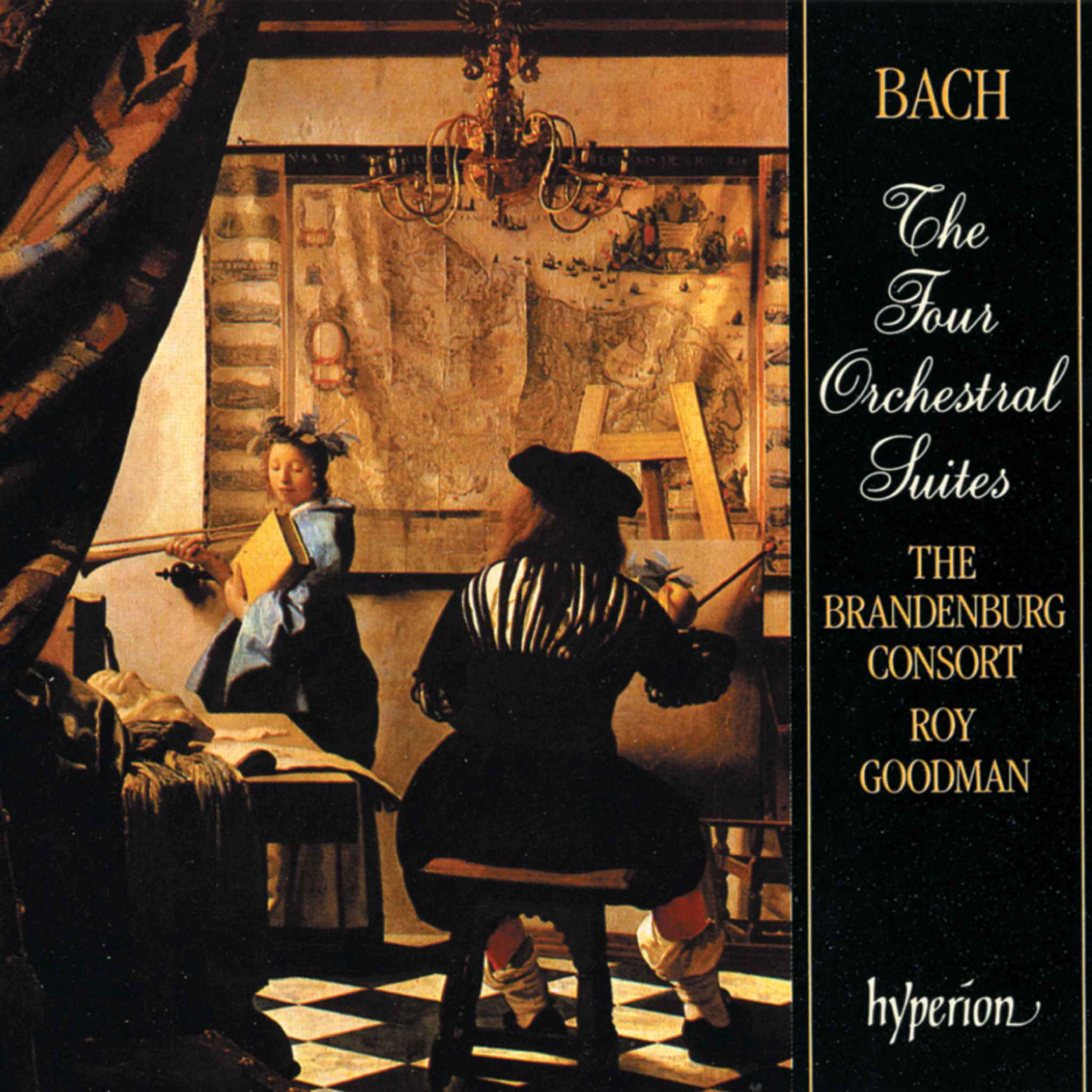Album insights
Ferruccio Busoni, born in Empoli near Florence in 1866, was the only child of a clarinetist, Ferdinando Busoni, and pianist, Anna Weiss. Recognized as a prodigy, he gave his first concert and composed his initial piece at the age of seven. By age ten, he had his first publication, with composition studies in Graz completed by fifteen and becoming a journalist in Triest by seventeen. Eventually, he felt he had rushed composing and publishing too many pieces prematurely. Regarded highly as a piano pedagogue since 1888, notably in Helsinki, Moscow, and Boston, Busoni settled in Berlin in 1894 and became one of the era's acclaimed pianists.
Teaching numerous successful pianists and conducting master classes in composition, he returned to Berlin in 1920 after years in self-imposed exile in Zurich. Besides piano work, he crafted a diverse musical portfolio including chamber ensembles, orchestral pieces, concertos, songs, and operas. While Busoni initially faced challenges distinguishing himself as a composer due to his emphasis on piano and transcription work, pieces such as his monumental Klavierkonzert from 1904 and the Fantasia contrappuntistica from 1910 gained popularity over the years.
Among his earlier works are the Elegies, a cycle reflecting both past and future, showing Busoni's characteristic ambiguity. Additionally, pieces like the Sonatinas and the Indian Diary reflect Busoni's evolving style as he delved into more accessible compositions, experimenting with various forms and inspirations, ranging from Bach to Indian culture.
Busoni's Klavierübung, assembled between 1918 and 1922, stands as a comprehensive collection of exercises, studies, and transcriptions, showcasing his technical prowess and musical depth. Notably, his Nine Variations on a Prelude by Chopin and the Perpetual Mobile exemplify his penchant for intricate polyphony and musical innovation. Despite initial challenges in his reputation being largely associated with adaptations, efforts posthumously have recognized Busoni's pivotal role as a transitional figure in 20th-century music history, appreciated for his prophetic compositions and visionary contributions to the pianistic legacy.
The legacy of Ferruccio Busoni, once overshadowed by his acclaim as a transcriber and pianist, has now been rightly reevaluated and celebrated for his immense contributions to music history, making him an indispensable figure in the lineage of forward-thinking pianist-composers.












